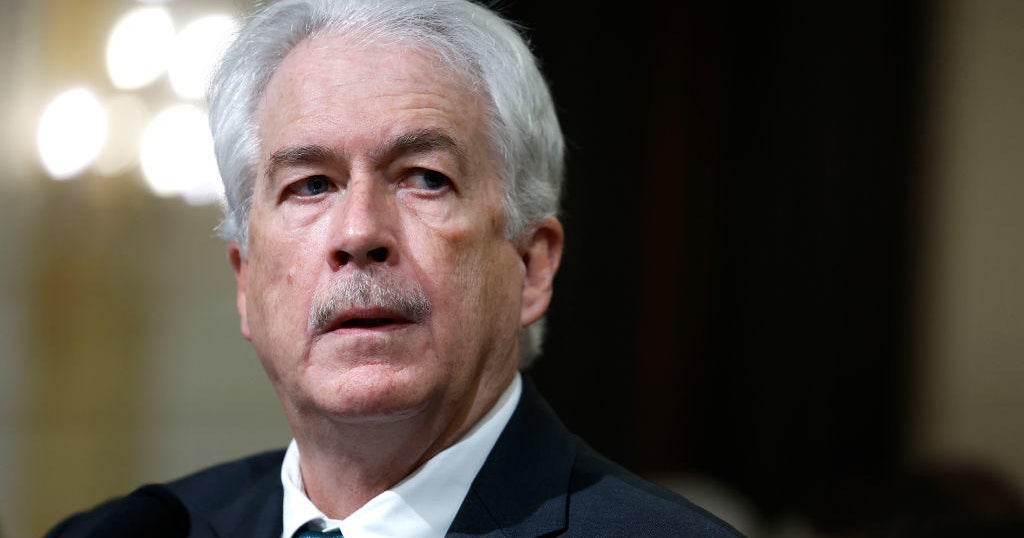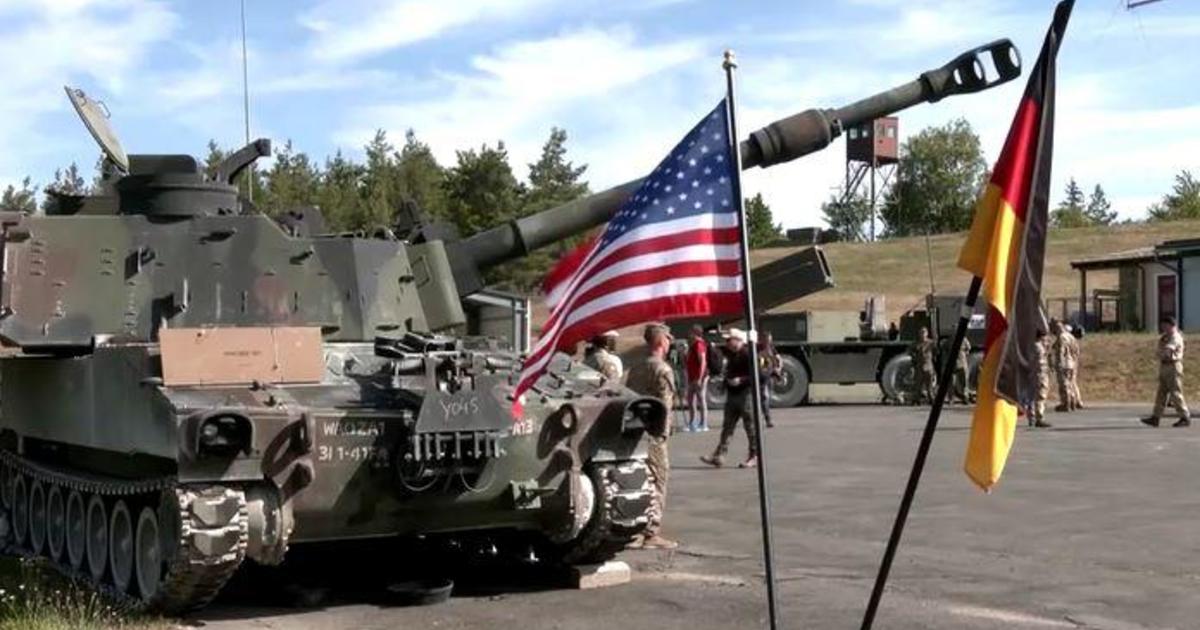Here's how Russia is advancing a "post-West" order, says foreign policy expert
Russia's efforts to maintain the appearance of a neutral arbiter in the conflict-ridden Middle East and its instrumental approach to ties with Beijing have helped it project outsize geopolitical clout, despite its aging population and ailing economy, says foreign policy expert Angela Stent.
Under President Vladimir Putin, Russia has returned to the Middle East in "probably a more successful way than the Soviet Union was ever there," Stent, now the director of Georgetown University's Center for Eurasian, Russian and East European Studies, said.
"Under Putin, Russia hasn't chosen sides," Stent told CBS News senior national security contributor Michael Morell. "The Russians are now the only power in the region that talks to all sides in all disputes – to Iran and the Shia groups, to all the Sunni states, and, of course, to Israel."
"It's very pragmatic. It's non-ideological," she said, adding that that posture has helped Moscow solidify partnerships with both Tel Aviv and Riyadh, two of the United States' closest allies.
"The U.S. is obviously much more powerful than Russia, and Russia can't replace the U.S. militarily or economically in the Middle East," Stent said, "but…the U.S. is not seen as a neutral arbiter."
In an interview with Morell, on his weekly podcast Intelligence Matters, Stent said Putin has also cultivated "instrumental" ties with China, including greater military cooperation, in an effort to advance mutual interests and a complementary worldview.
"These are two countries that feel that the post-Cold War order hasn't taken their interests into account, and that they need to have more agency in it," Stent told Morell. "And they're both committed to what they call a 'post-West order.'"
Russia's meddling in neighboring Ukraine, its involvement in the years-long war in Syria and its attempts to influence the political standoff in Venezuela are areas where, Stent said, it had managed to assert some interests at close to a minimal cost.
"So they're able to project military power on the cheap, fairly successfully, particularly in areas where they're surprising the West or where the West doesn't want to respond," she told Morell.
Stent said Putin is known to have drawn formative and broadly applicable lessons from his training in judo and his experiences in in Soviet security services. Those skills, she explained, helped him "take advantage of the distraction of the West."
"In order words, Russia," she said, "where the per capita GDP is less than that of Italy, which has a declining population, a crumbling infrastructure… very limited resources, [is] making pretty savvy use of those resources to reassert Russia."
For much more from Michael Morell's conversation with Angela Stent, including highlights from her new book, "Putin's World: Russia Against the West and with the Rest," you can read the transcript here and subscribe to Intelligence Matters here.



